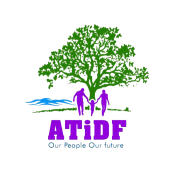Our Mission
The charity exists to promote health, enhance education and alleviate hardship amongst the people of Atito and its surrounding neighborhood towns within the Anloga District Council – Volta Region in Ghana.
Our Motto
Our People – Our Future
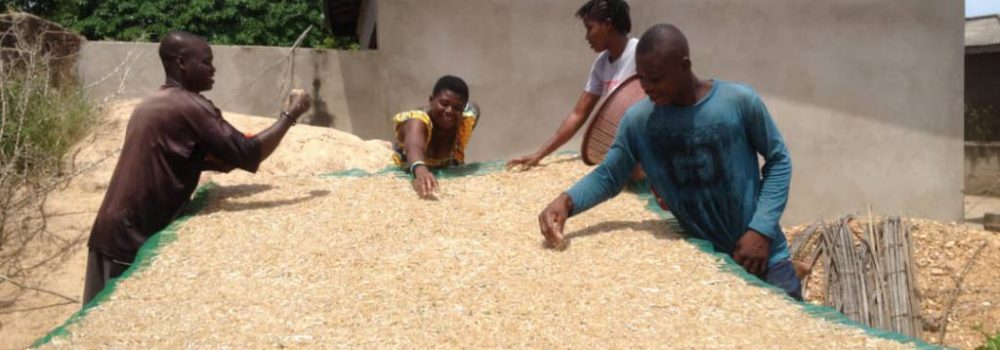
Values
We hold firmly and believe in the value and worth of each individual’s role as well as a group. We are committed to and know, that, together, with a common purpose and working in harmony, can and would transform the fortunes of individuals and the community we seek to help and support.
We are, by nature and disposition, focused in our outlook, fast in our response to demands made upon us, flexible in our approach to tackling issues, friendly with positive and optimistic outlook.
We have ‘a can do’ attitude as well as the drive in making the difference in all that we do.
We are open minded, honest, creative, industrious and entrepreneurial in all our deliberations.
Compassionate and loyal to all those we relate to and seek always to be responsible and accountable to our
stakeholders.
Vision 2020 – 2025
Provide food parcels, hand sanitizers, facemask, to support people during the Covid-19 pandemic and improve health education on the Covid 19 protocols by the WHO.
Raising and distribution of funds to alleviate hardship and eradicate poverty amongst the people of Atito
Promote good mental wellbeing, physical health and social wellbeing through seminars, workshops public health education.
Advancement of education and skill-based training through the provision of homework groups, additional mathematics and science sessions, as well as apprenticeship schemes in Carpentry, sewing, brick laying, Kente & mat weaving including local arts and crafts.
Create and award, annually, education support grant to 2-3 pupils who are academically able but financially challenged
Promote and foster within the community and in individuals, ‘a can do’ attitude with increasing self-reliance, self-worth and self-value
Encourage celebration of individual and group achievements. Using such celebrations to showcase the essence of effort and hardworking
Contribute to the cost of building and commissioning a healthcare clinic in Atito
Refurbish, stock and commission library services with networked computer and digital facilities for the use of the school pupils and the township
Work in collaboration with other NGOs and Local Authority agencies both in Ghana and abroad in the improvement of life chances and the quality of life of the people of Atito and its surrounding neighborhood
History Of Atito Development Foundation
Atito Development Foundation Is a world wide organization of citizens of indigenous of Atito in the diaspora and home in Ghana. To Promote Health, Enhance Education And Alleviate Hardship Amongst The People Of Atito And Its Surrounding Neighborhood Towns Within The Anloga District Council – Volta Region In Ghana.
Atito Development Foundation Was First Conceived By Mr. Kofi Agbolegbe JP And Inaugurated July 5th 2020 In A Meeting With Other Prominent Citizens Of Atito.
It Is Managed By Seven Members Of Whom Three Are Executive Board Members Who Meet Regularly And Are Responsible For Day To Day Running Of The Company.

BOARD OF TRUSTEES

Mr. Kofi Agbolegbe JP
Trustee & Chairman (UK)

Mr.Godwin Kwame Fumey
Trustee & Treasurer (UK)

Dr. Enya Ameza-Xemalordzo
Board Member (Ghana)

Mr. Donne Ocloo
Board Member (Canada)
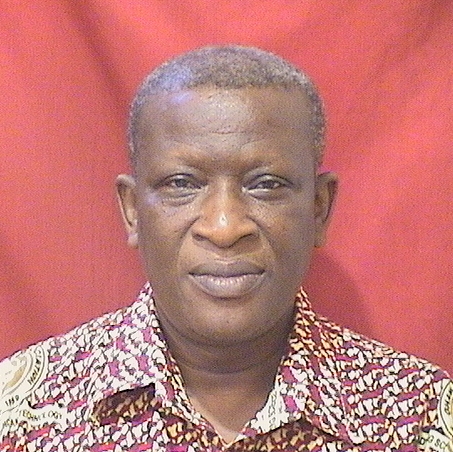
Prof. Reuben Yao Tamakloe
Board Member (Ghana)
HISTORY OF ATITO
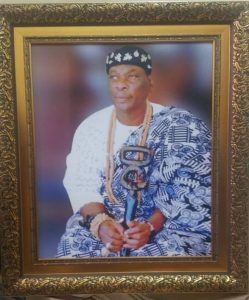
Torgbi Xemalordzo Dedu II
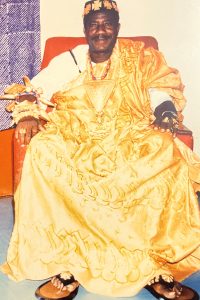
Torgbi Xemalordzo Abaye II
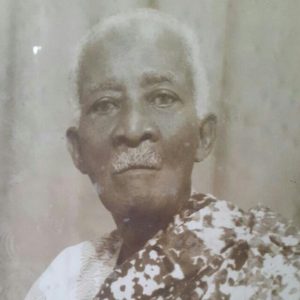
Torgbi Xemalordzo Dey II
